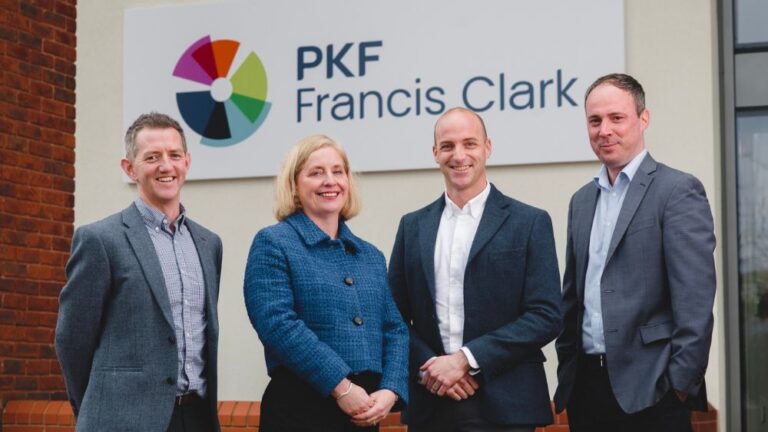
VAT on private education and a Labour government
Labour has recently reiterated their commitment to making school fees for private education subject to 20% VAT. With a General Election due in 2024 and Labour well ahead in the polls, a strong possibility exists that they will come into power and enact this headline-grabbing policy.
Labour has indicated that private schools would retain charitable status, allowing certain VAT and financial benefits, but that private school fees will be subject to VAT. This would require a change in the legislation that currently allows supplies of education by independent schools to be treated as VAT exempt.
Both private schools and parents are already considering the impact of such a VAT change to the treatment of school fees (and potentially associated charges such catering, transport, school trips etc) and looking at how this could be minimised.
Advance payments
One option being explored by both schools and parents is paying school fees now, in advance of Labour changing the law and VAT treatment.
The timing of when VAT should be accounted for is dependant on the “tax point” of such supplies. Theoretically it is possible to forestall a future change in VAT treatment via advance fee payments but certain conditions would need to be met, including the school having ‘unfettered access’ to the funds.
As a note of caution HMRC could view advance payments as ‘abusive’ and assess the school for the VAT due on such supplies. The introduction of a VAT rate change by HMRC is often accompanied by anti-forestalling legislation (potentially invalidating pre-payment schemes). It would, however, be unusual for such legislation to be retrospective or retroactive so an advance payment made now may be acceptable under the current exempt VAT treatment.
Complications and warnings
For parents it may, therefore, appear attractive to pay fees up front. However, it would be prudent for parents to review their agreement with the school to confirm that VAT cannot be levied by the school in the future.
In addition, a school may choose not to pass the entire 20% VAT on to parents so it would also make sense for parents to discuss how the school proposes to manage the impact of VAT (if introduced) prior to committing to large advance payments. Confirming the economic viability of the school and addressing the risk of insolvency to mitigate the risk of fees paid in advance being lost would also be good practice.
For schools the cashflow advantage of taking fees in advance, particularly if there is concern that an increased fees will reduce pupil numbers, may make sense. If the school is a charity such funds could be invested with tax-free returns (subject to conditions). Schools will also want to consider the wording in their fee agreements relating to VAT to ensure that any potential retrospective assessment for VAT is adequately provisioned for.
As noted above, should fees become subject to VAT schools do not necessarily have to increase fees by 20%. VAT registered schools will be eligible to recover VAT incurred on costs relating to school fees, possibly including high VAT bearing costs relating to property, potentially reducing the need to pass the full VAT cost on to parents.
VAT recovery by schools will be complicated when considering significant costs incurred both before and after any change to making fees subject to VAT but this could be an opportunity to recover some VAT incurred in the last few years on property projects. The continued provision of other exempt supplies, such as after-school clubs which qualify under a separate Welfare exemption, could add further frustration to these calculations.
Conclusion
Nothing is certain about the future VAT treatment of private school fees and there is an element of risk in deciding whether to take/make advance payments of fees now. If Labour are elected and implement this policy, anti-forestalling measures are likely to be brought in and from this point the VAT treatment will be fixed.
Private schools have many factors to consider when assessing the full impact and implications of their fees being made taxable. However, as always with VAT, proper advance planning is the key to managing its impact. Taking specialist advice could even uncover some unforeseen benefits – meaning that it may not all be bad news for schools or parents after all!
Written by










